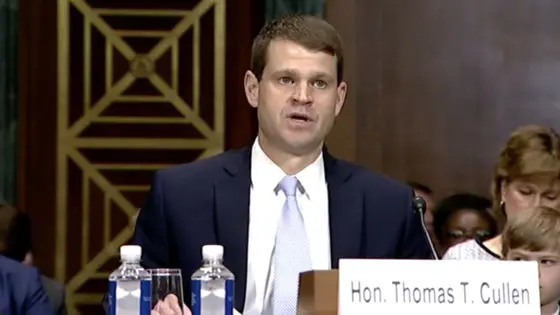T4K3.news
Anonymity order challenged in Harvey Willgoose case
BBC and other media seek to lift protection for the 15-year-old killer in the Harvey Willgoose case.
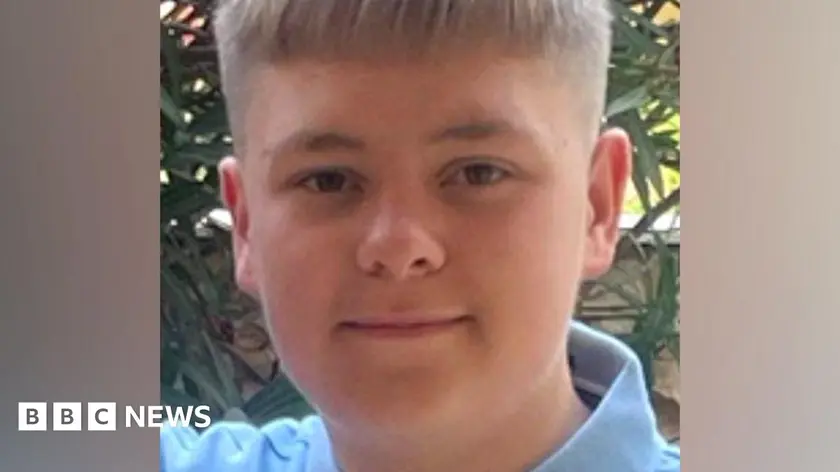
The push to lift a minor's anonymity order in a fatal school stabbing tests the balance between privacy and public accountability.
Anonymity order challenged in Harvey Willgoose case
Harvey Willgoose, age 15, died on February 3 after being stabbed in the heart at All Saints Catholic High School in Sheffield. The 15-year-old who killed him cannot be named because of his age, but the BBC and other outlets have applied to lift the anonymity order. Harvey's mother, Caroline Willgoose, told the BBC that her son's name has been tarnished during the trial and that the defendant should be named as well, saying, "He hasn't been able to speak up for himself and he's been named. The defendant should be as well."
The case highlights a long-running tension between protecting young defendants and meeting the public's interest in transparency around serious crimes. Legal experts note that anonymity orders for juveniles are a standard safeguard, but media requests to reveal names are part of ongoing debates about reporting, victims' memory, and trial fairness. A court decision on this matter could shape how future juvenile crime coverage is handled and how communities respond to acts of violence in schools.
Key Takeaways
"Let Harvey speak through his name"
A statement reflecting the call from family and supporters
"Anonymity protects youth, not the memory of Harvey"
Comment on the privacy debate surrounding juvenile defendants
"Truth needs light in the shadow of youth crime"
Advocating for transparency in reporting
"Open reporting must guard families as well as the public"
Call for responsible media ethics in covering juvenile crime
This dispute speaks to a broader question in journalism and law: how to balance the protection of a young person’s future with the memory and accountability owed to a crime victim. The privacy framework aims to prevent stigma and aid rehabilitation, yet families and advocates argue that public interest and memory demand transparency. At stake is not just one case but a precedent for how courts, media, and communities handle similar situations in the years ahead. The outcome will test whether journalism can inform without exploiting or endangering those who are already vulnerable.
Highlights
- Let Harvey speak through his name
- Anonymity protects youth, not the memory of Harvey
- Truth needs light in the shadow of youth crime
- Open reporting must guard families as well as the public
Anonymity in juvenile crime case raises privacy and ethics concerns
The push to lift a minor’s anonymity order intersects with youth protection, trial fairness, and media ethics. The decision could affect families, victims, and future reporting.
The tug of war between openness and protection will keep shaping reporting on youth crime
Enjoyed this? Let your friends know!
Related News

Guilty verdict in Sheffield school stabbing case
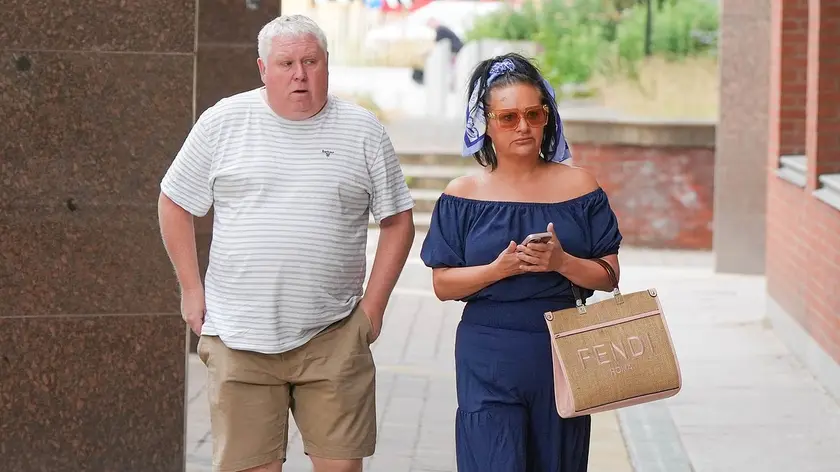
Mother urges naming of school killer
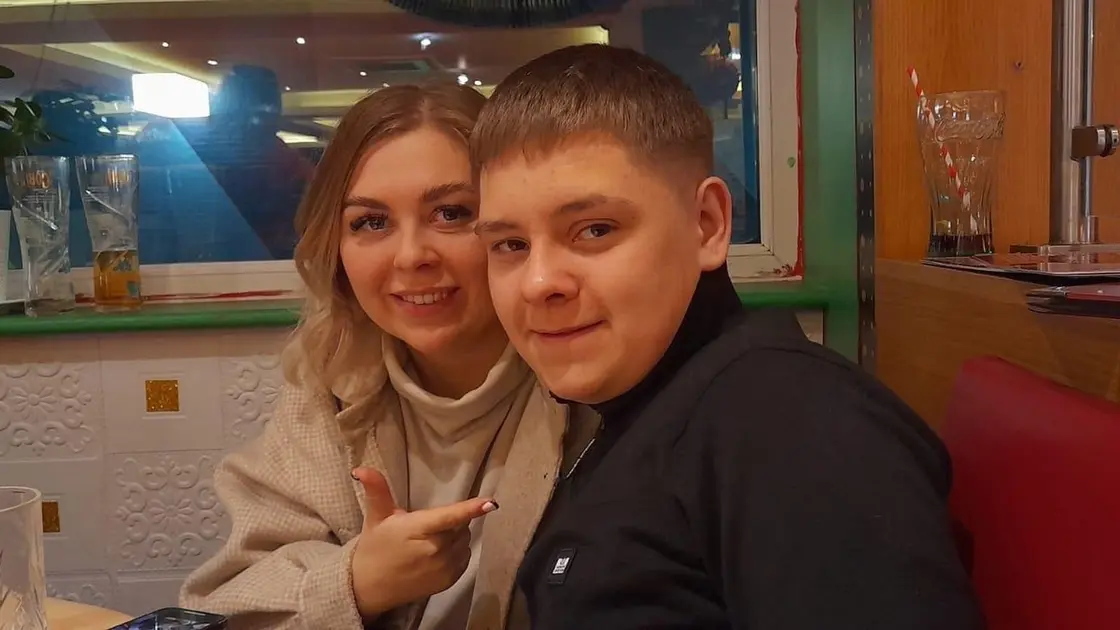
Guilty verdict in school knife crime case
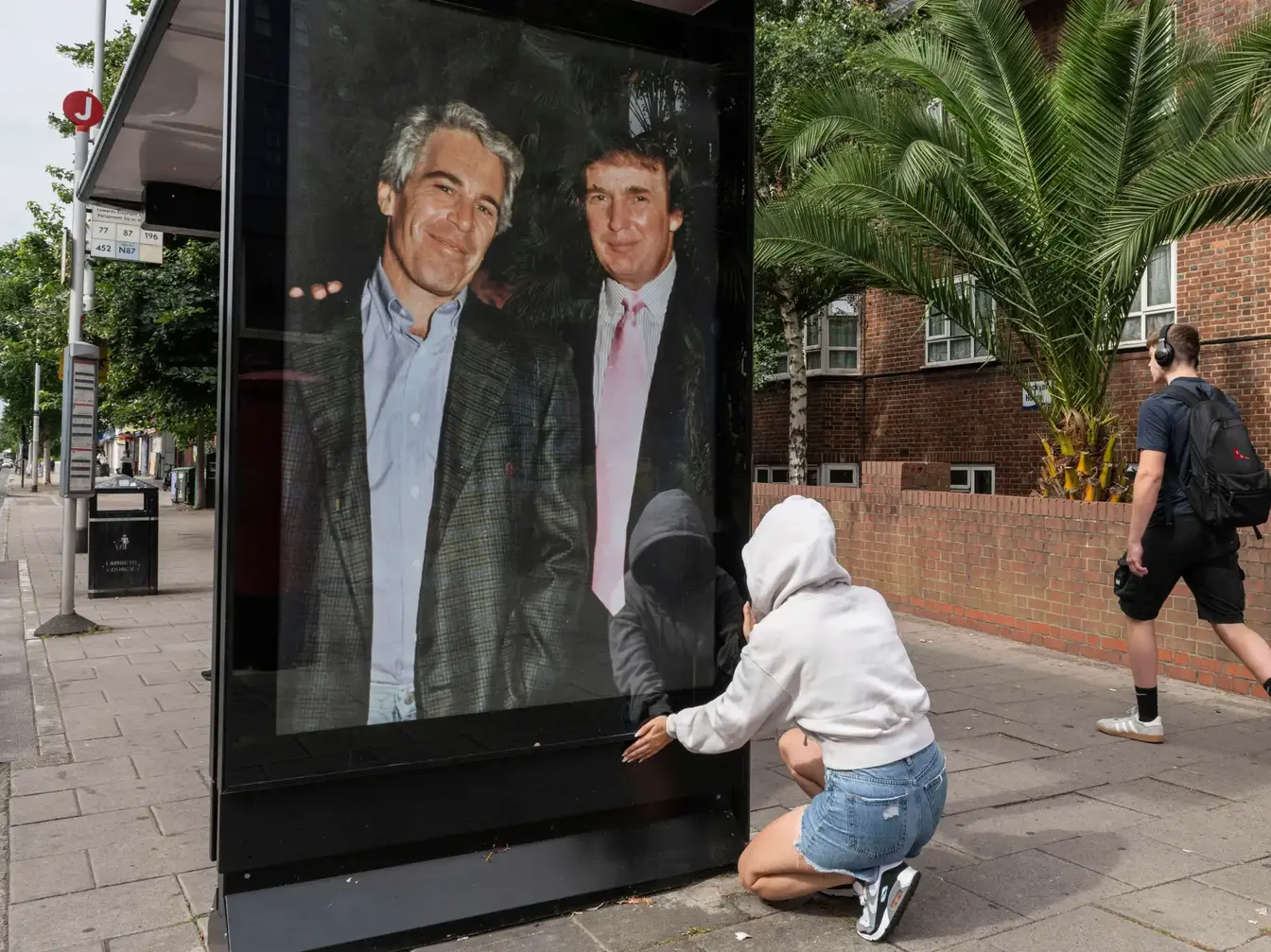
Trump releases newly declassified MLK documents
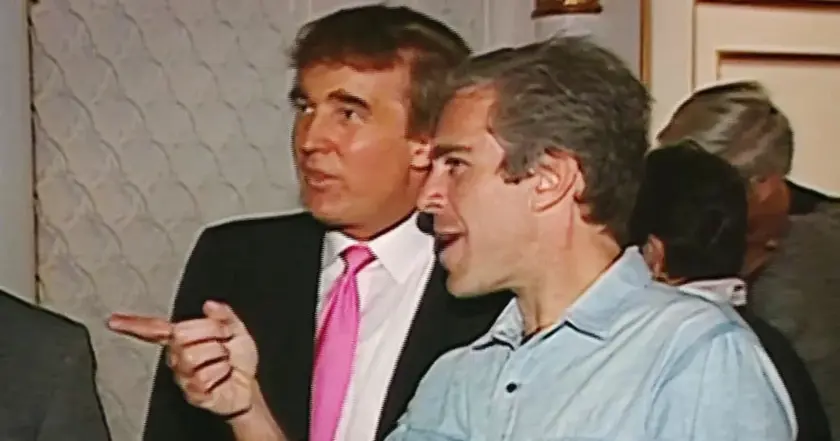
Trump orders release of Epstein grand jury testimony
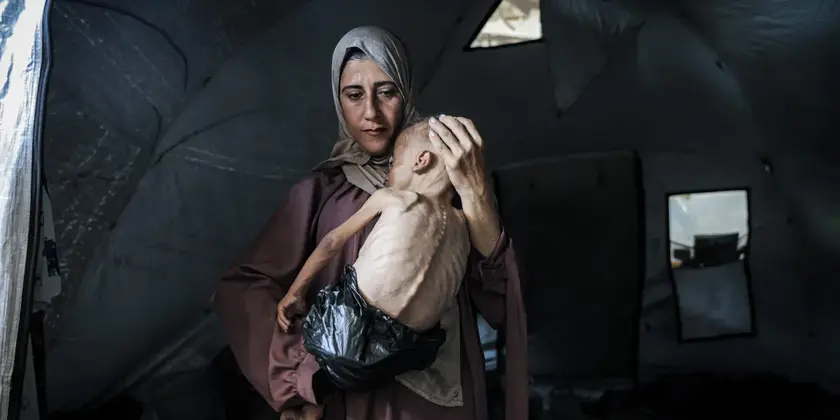
Gaza aid group claims success as starvation rises
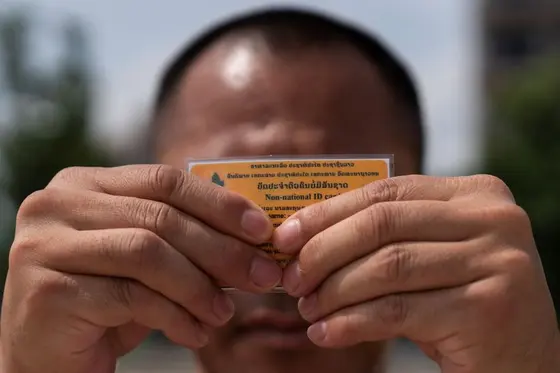
Trump administration deports immigrants to third countries
